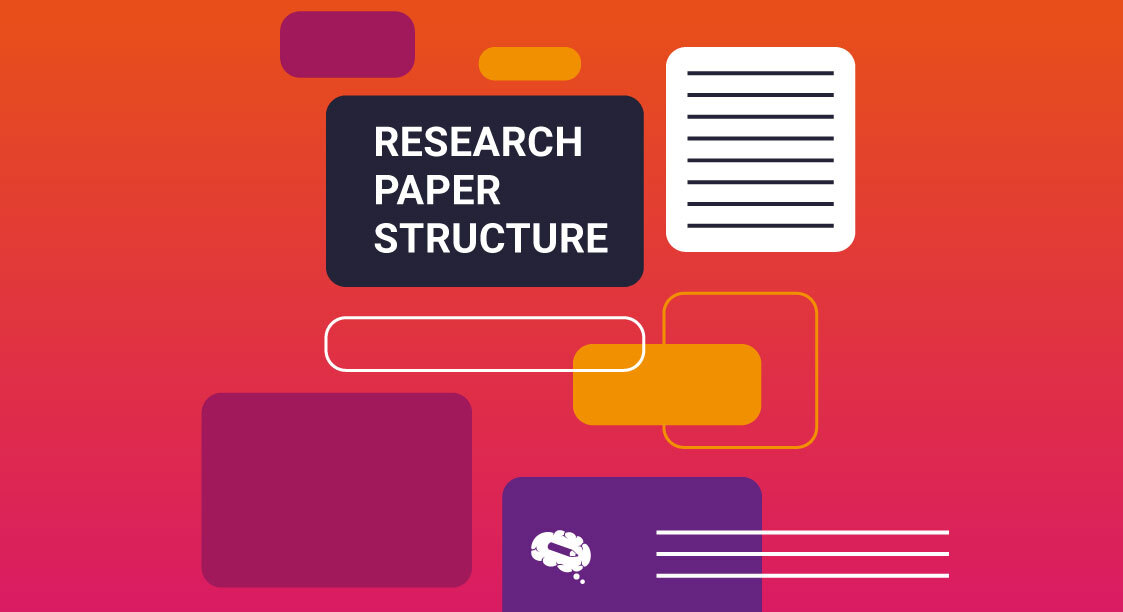Writing a research paper requires careful consideration of a range of factors, including structure, content, and language. One common question that arises when writing a research paper is whether or not it is acceptable to use the first person point of view. While there is no precise answer to this question, understanding the benefits of using the first person can help you make an informed decision about how to approach your writing. In this article, we will explore the use of the first person in research papers, including when it is appropriate when it should be avoided, and tips for using personal pronouns effectively.
What is a Research Paper?
A research paper is a type of academic writing that presents the author’s original research or analysis on a specific topic. It typically involves conducting extensive research and gathering data from various sources, such as primary and secondary sources. The purpose of a research paper is to contribute new knowledge or insights to the field, demonstrate the author’s expertise and understanding of the topic, and provide evidence to support their arguments or conclusions.
Research papers typically follow a specific structure, including an introduction, literature review, methodology, results, discussion, and conclusion. They are often published in academic journals or presented at conferences and are an essential part of the academic research process.
What is the First Person Point of View?
The first person point of view is a narrative perspective in which the author or speaker tells the story or presents their thoughts and experiences using personal pronouns such as “I” “me” “we” and “us”. It is a way of writing that directly involves the reader in the experience of the narrator or protagonist.
The first person point of view is commonly used in autobiographical writing, personal essays, and memoirs, as it allows the writer to share their personal experiences and perspectives with the reader. It can also be used in fiction writing, where the narrator or protagonist is telling the story from their own perspective, providing insight into their thoughts, emotions, and motivations.
Can You Use “I” in a Research Paper?
In general, it is not recommended to use the first person point of view or “I” in a research paper, as it is considered more formal to use a third person point of view. The focus in academic writing is on presenting objective information and analysis, rather than personal opinions or experiences. Using “I” may imply subjectivity or bias, and can undermine the credibility of the research.
Then, can a research paper be in first person? However, there may be some exceptions to this rule, such as in certain fields or when writing about personal experiences related to the research topic. It is always important to check the specific guidelines or expectations of the intended audience or publisher before deciding on the appropriate style and voice to use in a research paper.
When Should You Avoid Using the First Person?
It is generally recommended to avoid using the first person point of view in academic and professional writing, especially in formal contexts such as research papers, academic essays, and business reports. Here are some situations when it is best to avoid using the first person:
- In academic writing, it can imply subjectivity or bias and may undermine the credibility of the research.
- In business or professional writing, it can come across as overly personal or informal.
- In technical writing, it can be distracting or confusing for readers who are looking for objective information.
- In writing for a general audience, it may not be appropriate or necessary to use personal pronouns to convey information effectively.
- In situations where it is important to maintain a formal or objective tone, such as in legal or scientific writing.
When to Use the First Person?
There are some situations in which using the first person point of view can be appropriate and effective. Here are some examples of how to use the first person:
Personal narratives
When writing personal narratives or memoirs, using the first person can be appropriate and engaging for the reader, as it helps to convey the writer’s unique perspective and experiences.
Reflective writing
When writing reflective essays or journal entries, using the first person can help to convey the writer’s thoughts, feelings, and insights about a particular topic or experience.
Scientific writing
In some scientific writing, such as case studies or research papers in social sciences or humanities, it may be appropriate to use the first person to convey the researcher’s involvement in the study or to emphasize the importance of the researcher’s perspective.
Persuasive writing
When writing persuasive essays or opinion pieces, using the first person can help to make the writer’s arguments and opinions more compelling and convincing.
Creative writing
In poetry, fiction, or other forms of creative writing, using the first person can help to create a more intimate and personal connection between the writer and the reader.
It is important to note that these are general guidelines, and the decision to use the first person should always be based on the specific context and audience for the writing.
Third Person Pronoun in Research Paper
Can a research paper be in first person? The answer to this question is that the third person point of view is typically used to create an objective and impartial tone. This means that personal pronouns such as “I,” “you,” and “we” are avoided in favor of more objective language, such as “the author,” “the researchers,” or “the participants.”
By using the third person point of view, the focus is shifted away from the author’s personal experiences and opinions and instead emphasizes the importance of the research topic and findings. This also helps to create a more formal and academic tone, which is appropriate for research papers. Using the third person point of view can help to avoid biases and assumptions that may be present in first or second person writing.
Tips for Using Personal Pronouns
Here are some other tips for using personal pronouns in writing:
Use personal pronouns sparingly
While personal pronouns can be effective in certain contexts, it is generally best to use them sparingly to avoid distracting or confusing the reader.
Vary your pronouns
Instead of using “I” repeatedly, try varying your personal pronouns by using “we” or “you” when appropriate. This can help to create a more engaging and inclusive tone.
Be consistent
If you choose to use personal pronouns, be consistent in your usage throughout the piece. Avoid switching back and forth between first, second, and third person, as this can be jarring for the reader.
Check the guidelines
If you are writing for a particular audience or publication, be sure to check their guidelines or style guide for guidance on the appropriate use of personal pronouns.
Consider the impact on tone and credibility
Before using personal pronouns, consider how they will impact the tone and credibility of your writing. In some cases, using personal pronouns can make your writing more relatable and engaging, while in other cases it may come across as too informal or subjective.
200+ Pre-Made Beautiful Templates For Professional Infographics
Mind the Graph is a platform designed to help scientists create visually stunning and effective presentations, posters, and publications. One of the key features that set Mind the Graph apart is its library of 200+ pre-made beautiful templates for professional infographics. These templates are specifically designed to meet the needs of scientists. Using these templates, scientists can quickly and easily create infographics that are both visually appealing and scientifically accurate.

Subscribe to our newsletter
Exclusive high quality content about effective visual
communication in science.





